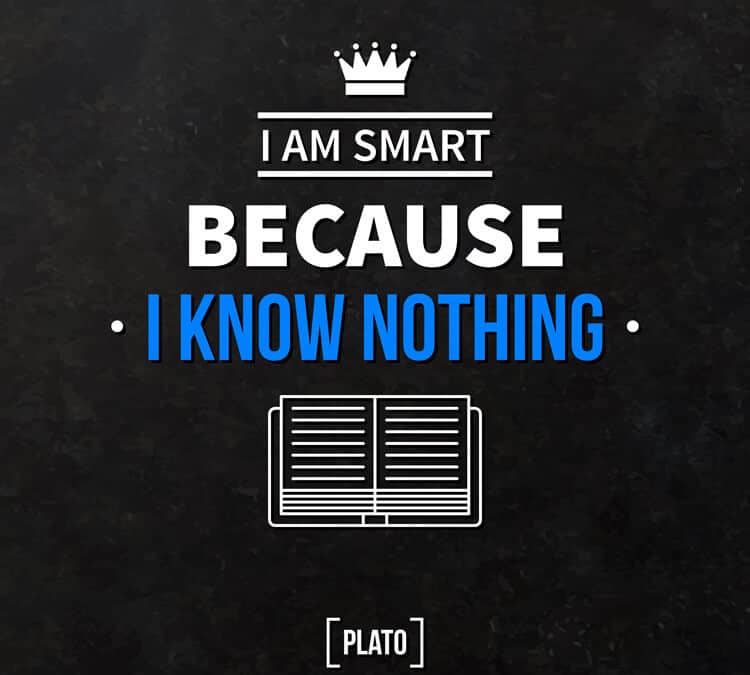Why Can’t You Apologize More Often?
I told the truth, and I shouldn’t have to apologize for the truth, right? If the other person can’t handle it, that’s their problem. Why are they so sensitive anyway? Maybe they need a reality check.
Does this sound familiar?
As a certified Myers-Briggs practitioner, I understand there are different types of people. Of course I already knew that was true, but I didn’t quite grasp what it meant until I learned about people on a deeper level and became aware of what makes them tick. My Myers-Briggs training included a lot of introspection to recognize what I do and how I do it. I will never forget the moment I stood in front of the white board at the interactive practitioner training and carefully examined what I had written about myself. I yelled out, “I sound like an arrogant jerk!”
That’s when I first understood the disparity between the message I intended and how my words were interpreted. They seemed to be at opposite ends of the spectrum; I had to work on my delivery!
After diving deeper into the human psyche, I recognized that we can minimize our internal conflict about apologizing for something we feel was justified. We can still hold on tightly to the belief that our way is best (because most of us do that anyway) while at the same time demonstrating compassion and understanding for others.
For example, introverts often think being an introvert is ideal, and extroverts think extroversion is where it’s at. Who’s correct? The answer is: it depends. There is a time and a place for both. Being an extrovert makes networking pretty easy, being an introvert means you’re less likely to embarrass yourself in a crowd.
The way we see ourselves and the way we are perceived by others are two very different things. Personally, I believe I give great instructions. Yet my experience tells me that I apparently do not. I am faced with two options—I can either tell everyone else they are idiots for not understanding what I mean, or I can do a little self-finding and recognize there may be other, better ways of getting my messages across.
As leaders, we always want to start with ourselves. So let’s do that.
There are many valid reasons to apologize. We said something unintentionally harsh, the wrong thing at the wrong time, to the wrong person, or someone read or saw something that wasn’t meant for them. Maybe we were jealous of another business owner who is more successful than we are and our reflex was to demonstrate that we know we are doing, too. Feelings get hurt pretty easily.
Some people find it hard to apologize. If you’re one of them, I am sharing my often-used strategy for expressing a genuine apology. Let me take you through it…
• If you were in a heated argument and you stand behind what you said, you don’t have to apologize for your opinion. BUT you can genuinely apologize that things got out of hand.
• If you said something that was perceived as hurtful even though that wasn’t how you meant it, you can apologize for hurting someone’s feelings.
• If you didn’t do the job right, apologize for misunderstanding the instructions. If you as the boss didn’t provide the guidance your team needed to do the job right, apologize for not giving clear enough instructions.
When we apologize we take the wind out of the sail. There is no fight, no counter argument, nothing left to debate. The apology has been made and we can now move on. In almost all situations, the other person simply wants you to acknowledge the role you played in the problem. Both people save face because the other person almost always apologizes as well. Instead of spending hours defending your case and building up the drama—just apologize.
Let me know how this apology strategy works for you. I’ve received great feedback on this little trick from friends, family, and clients who found success with it!






My recommendation is one that works for me the best as I have numerous valuable experiences in my career.
No apology but rather keep the communication low and don’t talk any more about it. What is said is said and can’t be corrected anymore. Eventually it will blow over and everybody is moving on.
Thank you for sharing your thoughts on this, Stefan.
Identity crisis – who are we really ?